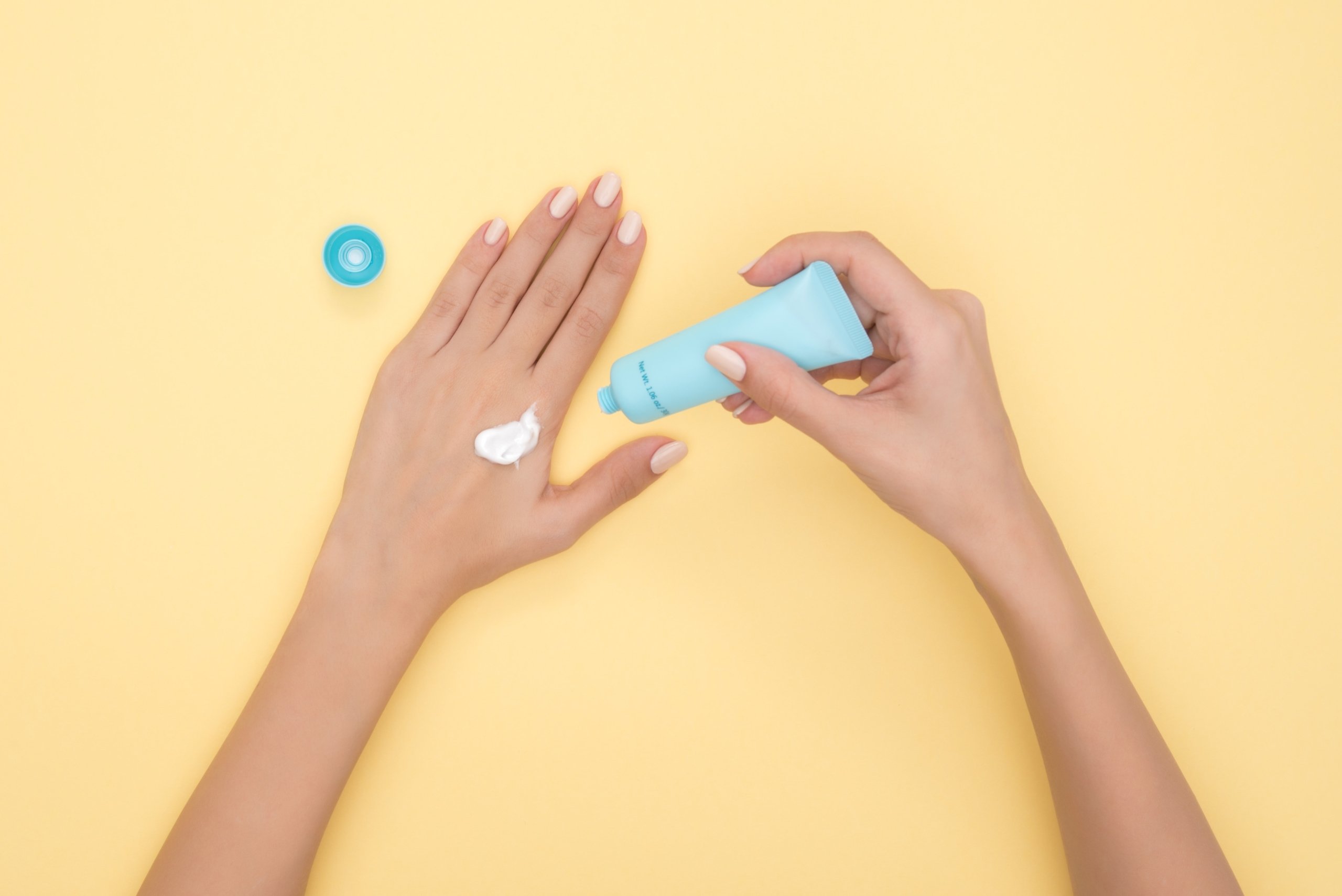
A cleaner skincare routine requires learning how to interpret cosmetic labels. Labeling laws and marketing tricks can be hard to manoeuvre without a bit of help. If you’re searching for natural and organic ingredients in your cosmetics, you’ll first need to understand some key concepts.
Technically speaking, ‘natural’ ingredients come from the land or sea. Whereas ‘botanical’ means they come from plants. Of course, not all things that come from the land or sea can be organic. That’s because of the presence of fertilizers, herbicides, and pesticides. These tricky terms can be what lead you to use possibly unsafe products. Below are a few more things you should keep an eye out for when navigating cosmetic labels
The order that ingredients appear in tells you a lot about the product. Whatever the product has the most of will always appear first. So, if a cosmetic product you want to buy has a possibly harmful chemical listed at the beginning, please reconsider. Although, it’s important to keep reading. Even if a possibly harmful ingredient appears at the very end, it can still do damage to your body and the environment.
The International Nomenclature of Cosmetic Ingredients (INCI) is a guide for labeling natural ingredients. Every natural ingredient appears in it with its scientific or Latin name. If you’re not sure about an ingredient, you can look for those scientific names. After the Latin name, products will also include the regular name for the ingredient in the local language (in brackets.) This is a great rule of thumb when deciphering a cosmetic label.
The language that some companies use to market their products can be deceiving. For instance, a product can be labeled ‘natural’ even if it only has a few natural ingredients. That’s because there’s no regulation on this term. On the other hand, the term ‘organic’ is highly regulated. Depending on where you live, there is a governing body that certifies products as organic.
Then, there’s the term ‘hypoallergenic’ or something which should not trigger an allergic reaction. Not to mention, ‘non-toxic’ which is a newer term that companies use to say they are leaving out harmful chemicals. Though these terms may give buyers comfort, they’re not regulated either. Don’t always trust what is printed on the front of a cosmetic product. Remember to look at the ingredients list on the back of the product to see what it is really capable of.
Even if a product includes quality ingredients, you have to make sure they’re not expired. Reading all the fine print can help ensure that your products are safe for you. There are plenty of products that include a logo of a container with ‘3m’, ‘6m’ or ’12m’ inside of it. This means that after you open it, it is only good for three, six or twelve months. If you use the product for longer than that, you may be subjecting yourself to bacteria and microbes.
Bear in mind that these aren’t already present in the product, but may come in contact with it over time. Especially if you keep your products in the bathroom where they are subject to heat and humidity. To make sure that your products have a long shelf life, keep in them in a cool, dry place. Take care not to add excess water to products like body scrubs that you might use in the shower, as that will speed up the expiration process. Also, look out for any expiration dates and safely dispose of products when they expire.
With all of that tricky language on packaging, you may be wondering which ingredients you can trust. Natural ingredients are preferable for safe, sustainable and eco-friendly cosmetics. The best resource for you to find these ingredients is COSMOS. This is a non-profit organisation that certifies products and ingredients as being natural or organic. Cosmos promotes transparency in the world of cosmetics.
Cosmos provides information about the natural processes and natural derivatives. It helps those in the cosmetics world make educated choices about ingredients. Therefore, this is a great tool for you, too! Check out COSMOS standard ingredients to find out which you like best. You may be surprised as to what isn’t on their list.
Although there’s plenty of things to keep in mind when buying cosmetics, there’s no need to feel overwhelmed. As you go along using these tips, things will get easier, and you will become more confident in your knowledge. To learn more about natural skin care WapoBeauty offers a Complete Facial Skincare Workshop online. Sign up today to learn about all the natural beauty basics.
Ashuni Pérez is an American writer based in Valencia, Spain. She has a passion for natural beauty and the environment. Ashuni loves to cycle and drink smoothies in the sun. Follow her on Instagram at @ashuuuuni
© 2025 Wapo.ie
4 responses